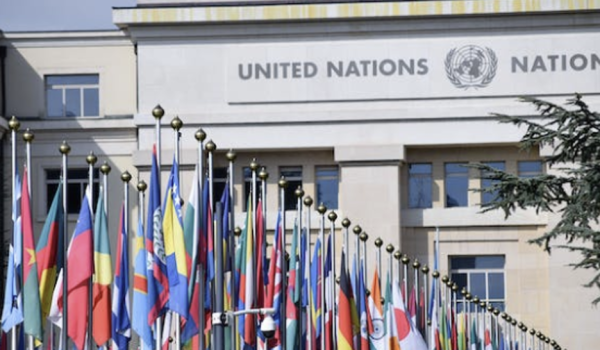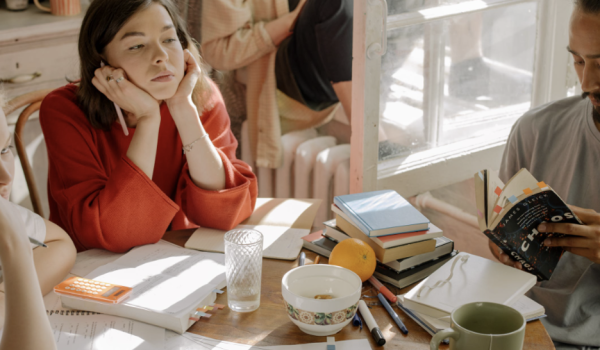A new Oxfam report published today warns the combined wealth of 1% of the world’s population to overtake that of the rest 99% by 2016 with the gap between the rick and the poor to be getting deeper.
The anti-poverty organization revealed a research showing that the share of the world’s wealth owned by the elite 1% has increased from 44% in 2009 to 48% in 2014. On current rising trends it is expected to exceed 50% by the end of the year. Members of this minority had an average wealth of $2.7 million per adult in 2014 while the least well-off 80% own just 5.5%.
The publication called “Wealth: Having It All and Wanting More” was announced just a few days ahead of the World Economic Forum in Davos where top politicians, business and economic leaders are gathered to discuss main issues of the world’s agenda. Oxfam’s executive director, who will be one of the six co-chairs at this year’s event, warned that she intends to use the charity’s high-profile role at the gathering to call for urgent action to put a halt in the rise of inequality. Miss Winnie Byanima characterized the scale of global inequality as “simply staggering” and questioned if we really want to live in a world where the 1% own more than the rest of us combined.
In a similar context last year, Oxfam showed at Davos that just 85 people in the globe held the same amount of wealth as the poorest 50%, which equals to 3.5 billion people. This year the numbers are even starker with just 80 people owning the same amount of more than 3.5 billion people.
Oxfam is suggesting on governments to adopt a seven point plan to encounter inequality:
- Clamp down on tax dodgingby corporations and rich individuals
- Invest in universal, free public servicessuch as health and education
- Share the tax burden fairly, shifting taxation from labour and consumption towards capital and wealth
- Introduce minimum wagesand move towards a living wage for all workers
- Introduce equal pay legislationand promote economic policies to give women a fair deal
- Ensure adequate safety-netsfor the poorest, including a minimum income guarantee
- Agree a global goalto tackle inequality.
Speaking to the Guardian today, Byanyima said that she was surprised to be invited in Davos again, since her organization poses a challenge to the powerful elites. She also added that “extreme inequality is not just an accident or a natural rule of economics. It is the result of policies and with different policies it can be reduced. I am optimistic that there will be change”.
Support us!
All your donations will be used to pay the magazine’s journalists and to support the ongoing costs of maintaining the site.
Share this post
Interested in co-operating with us?
We are open to co-operation from writers and businesses alike. You can reach us on our email at [email protected]/[email protected] and we will get back to you as quick as we can.









